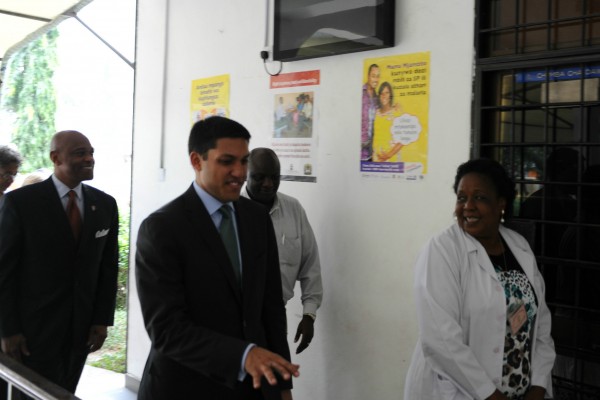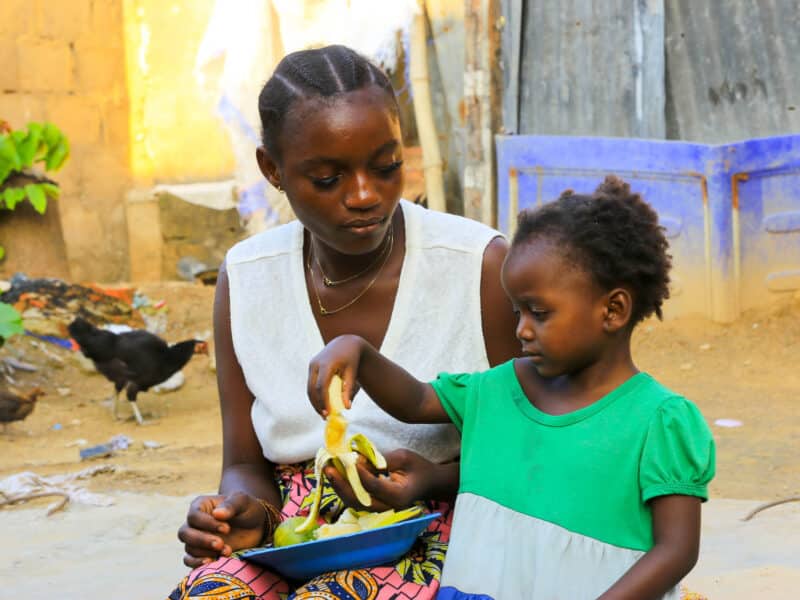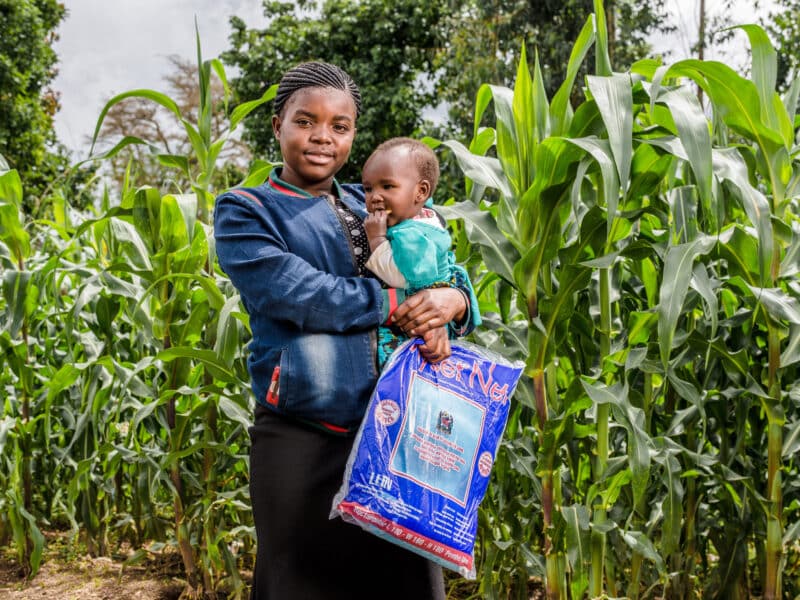Congratulations you have completed your registration. Remember every pregnant woman is supposed to attend Antenatal Care at least 4 times during pregnancy.”
This is the SMS message that Dr. Rajiv Shah, Administrator of the United States Agency of International Development (USAID), received as he entered the prenatal consultation room at the Buguruni Health Center in Ilala District, Dar es Salaam. Reinforced by the nurse at the Center, in combination with the materials available at the clinic, Dr. Shah observed first-hand how integrated health programs, like the one at the Buguruni Center, are providing quality health care for Tanzanians.
The Buguruni Center is one of the implementation sites for the Wazazi Nipendeni Safe Motherhood Campaign, a campaign conceived and developed by the Johns Hopkins Bloomberg School of Public Health Center for Communication Programs (JHU∙CCP) in partnership with the Ministry of Health and Social Welfare, National Malaria Control Program, Reproductive and Child Health Services, CDC Foundation and Jhpiego, and funded by U.S. Agency for International Development (USAID), the U.S. President’s Malaria Initiative (PMI), the U.S. President’s Emergency Plan for AIDS Relief (PEPFAR) and the Centers for Disease Control and Prevention (CDC).
Campaigns addressing maternal, newborn and child health in Tanzania are not new. What is novel about Wazazi Nipendeni is that it combines all safe motherhood health areas under one platform, areas that are usually siloed and addressed by individual programs.
Wazazi Nipendeni covers early and complete ante-natal care attendance, malaria prevention, prevention of mother to child transmission of HIV, individual birth planning and safe delivery. Using a mix of mass media, community and interpersonal communication channels, as well as mHealth, the campaign emphasizes key behaviors needed for healthy pregnancies and improved maternal and child health.
Dr. Shah underscored the importance of the integrated nature of the Wazazi Nipendeni campaign in his comments at the end of his trip to Tanzania, noting, “Today, I am very encouraged to see how our collaboration with the Tanzanian government is providing quality, integrated health services to Tanzanians. […] Here at Buguruni we are seeing how that vision is being realized.”





